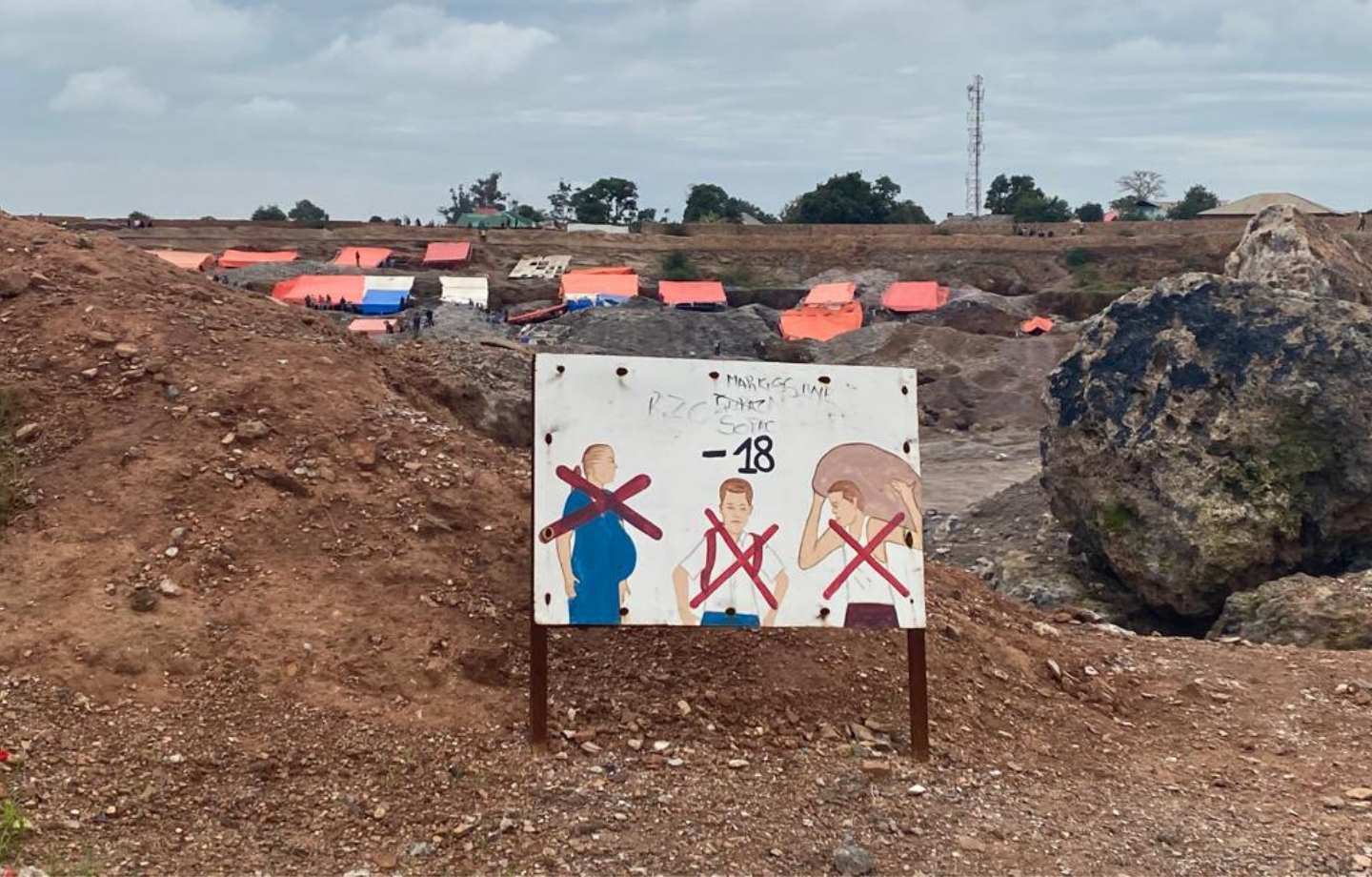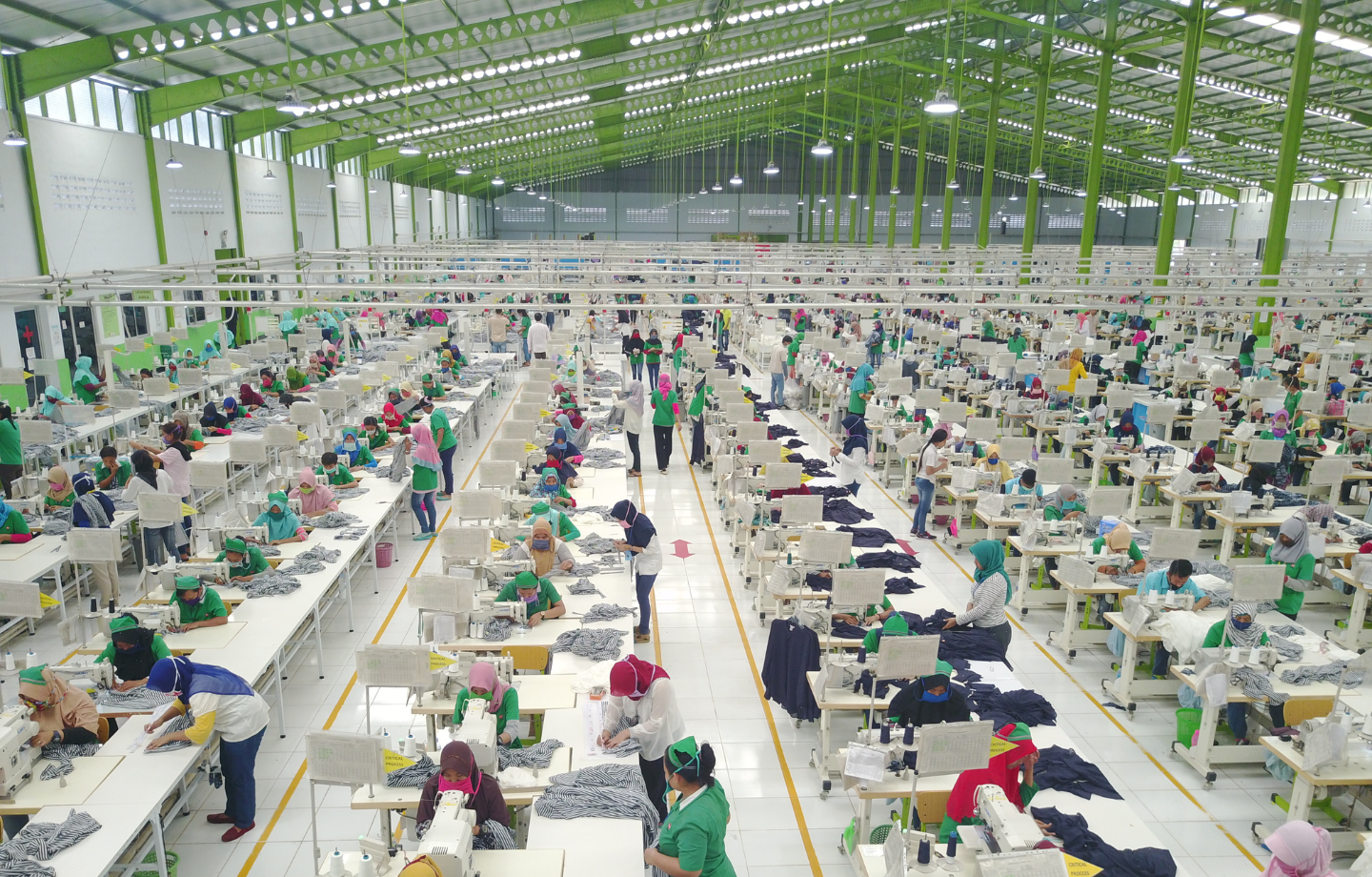Women’s Rights in Manufacturing: Then and Now

March 7, 2024
Did you know that International Women’s Day was born in the apparel industry of New York City’s Lower East Side? On March 8, 1908, women working in this industry went to the streets to protest sweatshop working conditions. Beginning in 1910, March 8 became International Women’s Day.
In today’s apparel industry, most production is outsourced to countries in the Global South. Female workers represent the majority of this far-flung workforce. While respect for labor rights for all workers in the global apparel supply chain remains fragile, the rights of women are particularly at risk.
Many large apparel brands have installed systems to monitor outsourced labor rights, and some are committed to respond to cases of misconduct. But too often these systems are gender-blind. As a result, root causes are not well understood and cannot be appropriately remediated. This can hurt female works—and undermine business interests. There is ample anecdotal evidence of female workers dropping out of the workforce because their needs are inadequately handled through standardized labor rights compliance systems.
Shift work can create security risks for female workers when they return home after dark. Women are also more prone to suffer from infections when bathroom hygiene is poor and sanitary products are not available or are unaffordable. And women are also frequently subjected to harassment at the workplace by male co-workers and supervisors.
A gender-sensitive perspective on human rights in business is not optional. For example, our research on cobalt sourcing in the Democratic Republic of the Congo has shown that the integration of female workers is key for addressing root causes of child labor. Without the income of women, household incomes remain too low to send children to school. We need more work that investigates business and human rights challenges as they affect women.
There are ample UN guidance documents on the gender perspective of human rights. Bringing this perspective to research and advocacy related to workers and communities in global supply chains must be the next step. If you are affiliated with a business school and interested in this topic, consider joining our Global Business School Network for Business and Human Rights, which includes a research cluster on gender and human rights.
 Global Labor
Global Labor Safeguarding Outsourced Labor
Safeguarding Outsourced Labor Business & Human Rights Leadership
Business & Human Rights Leadership


